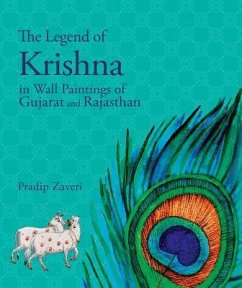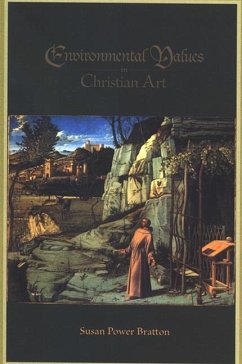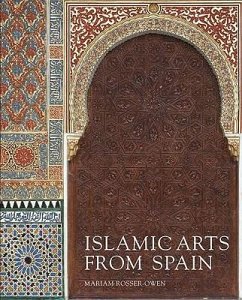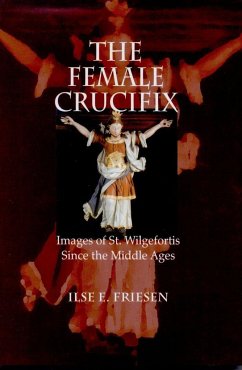Nicht lieferbar
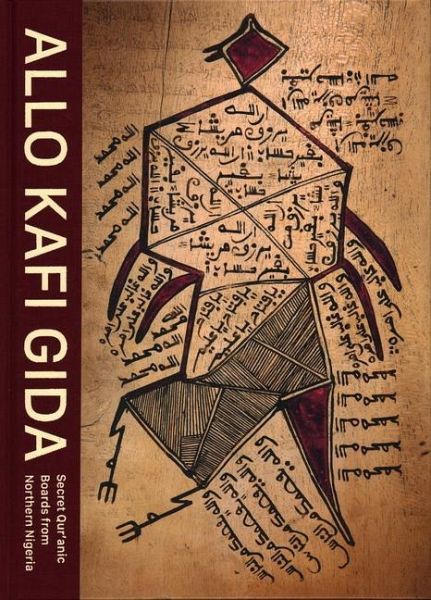
Allo Kafii Gida
Secret Qur'anic Boards from Northern Nigeria
Versandkostenfrei!
Nicht lieferbar
Secrecy is the common feature of the so-called allo kafii gida Qur'anic writing boards used by the Hausa of northern Nigeria. While on the one hand their owners share a barely concealed reluctance to reveal the auspicious epigrams decorating these artefacts, on the other they exhibit a clear desire to avoid displaying images of animals and human beings that might cause repercussions in an iconoclastic Islamic context. One need only consider that even today possessing an allo kafii gida incurs severe punishment by the most fervent Moslems, sometimes extending to the death penalty. Every board i...
Secrecy is the common feature of the so-called allo kafii gida Qur'anic writing boards used by the Hausa of northern Nigeria. While on the one hand their owners share a barely concealed reluctance to reveal the auspicious epigrams decorating these artefacts, on the other they exhibit a clear desire to avoid displaying images of animals and human beings that might cause repercussions in an iconoclastic Islamic context. One need only consider that even today possessing an allo kafii gida incurs severe punishment by the most fervent Moslems, sometimes extending to the death penalty. Every board in this book would have been destroyed by Islamic fundamentalists if it had not somehow been saved at some time in the past. Those who made the decorations embellishing these Qur'anic tablets were not simply illustrators; they were nothing short of troubadours, painting on wooden panels the tales depicting the cosmic connections of the society in which they lived. Over the years, the cosmic ideas of distant foreign lands were incorporated in the Hausas' system of thought and these allo kafii gida have thus turned into cosmological time capsules impressed on wooden panels. In view of this challenging cultural context, the owners of these artworks can be described as 'curators' of these secret boards, which, in spite of serving the Islamic religion, actually record Hausa cosmology. The artefacts adorning the book are truly unique in the field of extra-European art and come from a private collection built over a period of twenty years of painstaking research.




